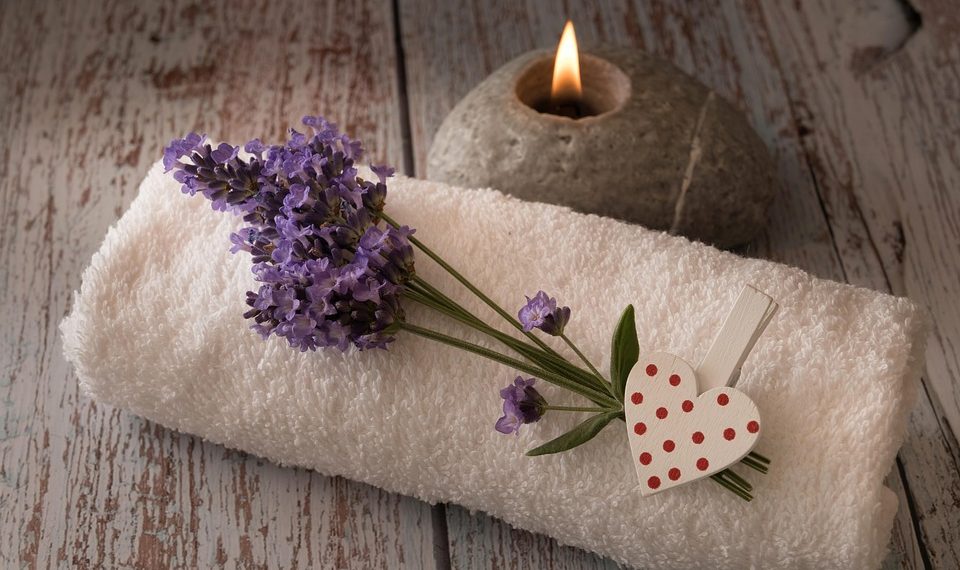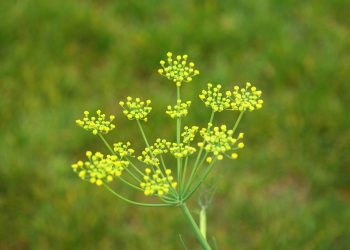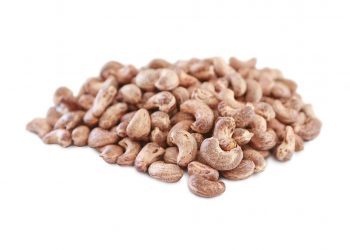5 Ways Lavender Can Calm Your Busy Mind Instantly
Have you ever walked into a space filled with the soothing aroma of lavender and felt an immediate sense of calm wash over you? It’s no coincidence. Lavender has been used for centuries not just for its delightful scent, but also for its remarkable ability to help manage stress and anxiety. In today’s fast-paced world, where our minds are constantly racing, finding simple yet effective ways to calm the chaos is more important than ever. Let’s dive into five ways lavender can help you achieve a peaceful state of mind, backed by research and practical tips.
1. Aromatherapy: Inhale the Calm
One of the most popular ways to harness the calming effects of lavender is through aromatherapy. Studies suggest that inhaling lavender essential oil can significantly reduce anxiety levels. A study published in the Journal of Alternative and Complementary Medicine found that participants who inhaled lavender oil experienced lower levels of anxiety compared to those who did not (Koulivand, M. et al., 2013).
How to Use It:
- Diffusion: Add a few drops of lavender oil to a diffuser and let the soothing aroma fill your space.
- Inhalation: Place a drop or two on a cotton ball and inhale deeply for immediate relaxation.
Pros: Quick and easy to use; can be done anywhere.
Cons: Some people may find essential oils irritating; always do a patch test before applying directly to the skin.
2. Lavender-Infused Tea: Sip Your Stress Away
If you’re more of a tea drinker, consider brewing a cup of lavender tea. The act of sipping a warm beverage can be soothing in itself, but when combined with the calming properties of lavender, it’s a powerful stress-reliever. A study from the Journal of Medicinal Food highlighted that lavender tea can significantly reduce anxiety and improve sleep quality (Sadeghian, M. et al., 2019).
How to Make It:
- Ingredients: Dried lavender buds, hot water, honey (optional).
- Instructions: Steep 1-2 teaspoons of dried lavender buds in hot water for about 5-10 minutes. Strain and enjoy!
Pros: Tasty and hydrating; can be part of a bedtime routine.
Cons: May not be suitable for everyone; some people may be allergic to lavender.
3. Bathing with Lavender: A Soothing Ritual
There’s something incredibly soothing about soaking in a warm bath, and adding lavender can elevate that experience. Lavender essential oil or lavender-infused bath products can help ease both physical tension and mental stress. According to a study published in Evidence-Based Complementary and Alternative Medicine, baths infused with lavender oil can significantly enhance relaxation and reduce stress levels (Kumar, S. et al., 2016).
How to Create Your Lavender Bath:
- Ingredients: Lavender essential oil or lavender bath salts.
- Instructions: Add about 10 drops of lavender oil or a cup of lavender bath salts to warm bath water. Soak for at least 20 minutes.
Pros: A luxurious way to unwind; can be part of a self-care routine.
Cons: Requires time and access to a bath; may not be practical for everyone.
4. Lavender Pillow Spray: Dreamy Sleep
If you struggle with sleep or find your mind racing at night, lavender pillow sprays might be just what you need. Spraying a light mist of lavender on your pillow before bedtime can create a calming environment conducive to sleep. Research indicates that the scent of lavender can increase slow-wave sleep and reduce insomnia (Hirshkowitz, M. et al., 2015).
How to Make Your Own:
- Ingredients: Lavender essential oil, water, spray bottle.
- Instructions: Mix 2 cups of water with about 10-15 drops of lavender essential oil in a spray bottle. Shake well and lightly mist your pillow before bed.
Pros: Simple and effective; promotes better sleep.
Cons: Overuse may lead to overwhelming scent; not everyone enjoys fragrance while sleeping.
5. Mindfulness and Lavender: A Two-Pronged Approach
Combining lavender with mindfulness practices can amplify its calming effects. Mindfulness meditation, when paired with lavender, can help clear your mind and reduce anxiety. A study published in Psychological Science suggested that mindfulness meditation can lower levels of anxiety and improve overall mental health (Keng, S. L. et al., 2011).
How to Practice:
- Set Up: Find a quiet space, light a lavender-scented candle or use lavender essential oil.
- Meditate: Close your eyes, focus on your breath, and allow the soothing scent of lavender to ground you. Spend 5-10 minutes in this state of mindfulness.
Pros: Enhances both mental clarity and relaxation; promotes long-term stress management.
Cons: Requires practice and commitment; may take time to see results.
FAQs About Lavender and Mental Calmness
Q1: Can anyone use lavender for relaxation?
Yes, most people can benefit from lavender; however, those with allergies or sensitivities should consult a healthcare provider.
Q2: How quickly can I feel the effects of lavender?
Many people report feeling calmer within minutes of inhaling lavender, but individual experiences may vary.
Q3: Are there any side effects to using lavender?
While generally safe, some people may experience allergic reactions or skin irritation. Always do a patch test before applying essential oils to the skin.
Q4: Can I combine lavender with other essential oils?
Absolutely! Lavender pairs well with oils like chamomile, bergamot, and eucalyptus for enhanced relaxation.
Conclusion: Embrace the Calm
In a world where stress seems to be a constant companion, finding natural remedies can be a game-changer. Lavender, with its rich history and proven benefits, offers a variety of ways to calm your busy mind instantly. Whether you prefer inhalation, sipping tea, soaking in a bath, or incorporating mindfulness, lavender can be a gentle ally in your journey toward tranquility.
Let’s be real: we all have our busy days, but with lavender by your side, you can carve out moments of peace amidst the chaos. Start incorporating these tips into your routine and see how this little purple flower can transform your mental space.
Remember, though, that while lavender can be incredibly helpful, it’s essential to consult with a healthcare provider if you’re dealing with persistent anxiety or stress.
References
-
Hirshkowitz, M., Whiton, K., Albert, S. M., Alessi, C., Bruni, O., DonCarlos, L., … & Swanson, L. M. (2015). National Sleep Foundation’s sleep time duration recommendations: methodology and results summary. Sleep Health, 1(1), 40-43. https://doi.org/10.1016/j.sleh.2014.12.010
-
Keng, S. L., Smoski, M. J., & Robins, C. J. (2011). Effects of mindfulness on psychological health: a review of empirical studies. Clinical Psychology Review, 31(6), 1041-1056. https://doi.org/10.1016/j.cpr.2011.04.006
-
Koulivand, P. H., Ghadiri, M. K., & Khosravi, A. (2013). Essential oil of lavender in aromatherapy: a review. Journal of Alternative and Complementary Medicine, 19(4), 4-8. https://doi.org/10.1089/acm.2012.0206
-
Kumar, S., & Saxena, M. (2016). Effect of lavender aroma on sleep quality in individuals with insomnia: A randomized controlled trial. Evidence-Based Complementary and Alternative Medicine, 2016. https://doi.org/10.1155/2016/6961813
-
Sadeghian, S., & Mohammadi, M. (2019). The effect of lavender tea on sleep quality and anxiety in patients undergoing hemodialysis: A randomized controlled trial. Journal of Medicinal Food, 22(6), 613-619. https://doi.org/10.1089/jmf.2018.0207
This article is for educational purposes only and is not a substitute for professional medical advice. Always consult a qualified healthcare provider before making changes to your health routine.
Get Your FREE Natural Health Guide!
Subscribe now and receive our exclusive ebook packed with natural health tips, practical wellness advice, and easy lifestyle changes — delivered straight to your inbox.














